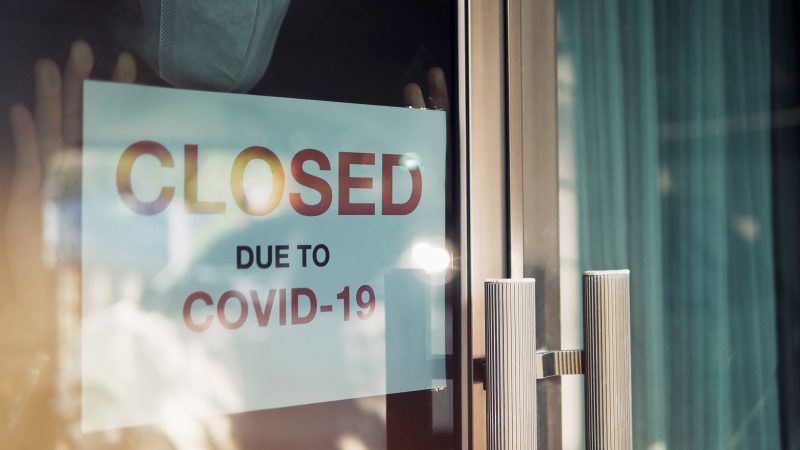
While every other lobby journalist was distracted by the publication of the September scientific advisory group for emergencies (SAGE) minutes, LabourList was closely following the Parliamentary Labour Party meeting taking place over Zoom. And we nabbed an exclusive: Keir Starmer told Labour MPs that he did not believe the party should vote against the government’s covert human intelligence sources bill (criminal conduct) bill at third reading this week, even if it is unamended. Unite’s Howard Beckett had written for LabourList that afternoon to say it would be a “total dereliction of duty for the party of organised labour to continue to sit on its hands” if the Tories block the amendments, but it looks like MPs will be told to abstain rather than oppose the controversial ‘spycops’ bill on Thursday.
20 Labour MPs defied the whip at second reading to vote against the bill, which allows MI5, police forces and other bodies including, er, the Food Standards Agency to commit criminal offences, but the next rebellion could be bigger. Starmer explained to the PLP meeting – a “long-winded speech” said one source, a “detailed response” said another – that the bill would be tempered by the Human Rights Act, but MPs such as Sarah Owen expressed doubt because we the Tories aren’t exactly big fans of it. She was among a number of MPs not in the Socialist Campaign Group to indicate concern over Labour’s abstention plan. Others, of course, were “impressed” with Starmer’s efforts, and Tan Dhesi told LabourList that the meeting actually changed his mind. For many more details, check out my full write-up here.
Turning to the major news of the day, a SAGE document dump has revealed that ministers ignored advice three weeks ago to impose a ‘circuit breaker’. They can no longer claim to be “following the science” with a straight face: their top priority is to keep the economy going. Describing the papers as “alarming”, Jonathan Ashworth established a clear position for Labour on the matter this morning: the opposition party would have followed the scientific advice. No messing around, the Shadow Health Secretary said “the health of the economy goes hand in hand with the health of the public”, pointed out that the NHS being overwhelmed itself affects economic growth, and argued that the government cannot simply put the economy first because it “doesn’t work like that”. Ashworth said he thought the business closures in Merseyside were necessary – and the government should have gone further.
It looks odd for Labour’s health spokesperson to appear to be urging the government to put more areas into Tier 3, the alert level with the toughest restrictions, when Labour mayor Andy Burnham has just won a high-profile campaign to keep Greater Manchester out of Tier 3. But the local leader is also in favour of tougher national restrictions. The missing piece of the puzzle that would bring the seemingly divergent Labour arguments together is an opposition to the ‘levelling down’ aspect of the government’s approach, making this about regional inequality and fairness across the country. But does the Labour leadership agree with Burnham that national lockdown should not have been lifted until it was right for areas in the North of England, rather than just London? Since the start, Starmer has instinctively favoured a lighter touch style compared to other Labour figures, as he worries about the non-Covid health consequences of lockdown. The line he takes at PMQs and his first live televised press conference will be revealing.
Sign up to LabourList’s morning email for everything Labour, every weekday morning.



More from LabourList
Government announce SEND reform in schools white paper
SPONSORED: ‘Industrial hemp and the challenge of turning Labour’s priorities into practice’
‘A day is a long time in politics, so we need ‘action this day’’